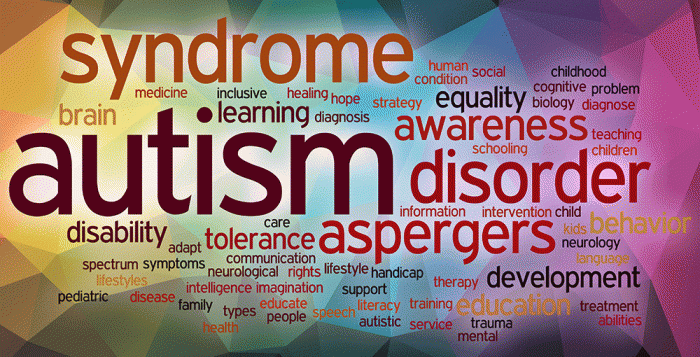The Medicare-Medicaid Coordination Office (MMCO), in the Centers for Medicare & Medicaid Services (CMS), is dedicated to ensuring that beneficiaries enrolled in Medicare and Medicaid have access to seamless, high-quality health care, that includes the full range of covered services in both programs. MMCO recently shared an array of tools and resources on integrated health care. This office works with the Medicare and Medicaid programs, federal agencies, states, and other stakeholders, to align and coordinate benefits between the two programs effectively and efficiently, ultimately improving the way Medicare-Medicaid enrollees receive health care.
What is Integrating Primary Care Services into Behavioral Health Settings?
- Within the context of primary care and behavioral health care, full integration exists when all care providers work together to address the primary care and behavioral health needs of individuals in the same setting.
- There are several integration levels; some organizations may introduce elements of primary care into their practices, or decide to develop a fully integrated system without going through any of the other levels.
Why Integrate Primary Care Services into Behavioral Health Organizations?
- Organizations that move along the integration continuum may be able to improve the care they provide to their consumers while increasing the efficiency of care delivery.
- Organizations that adopt some of these strategies may also benefit from such increased efficiencies, which may translate into reduced health spending for specific target populations.
Related Resources
- Behavioral Health Integration Capacity Assessment Tool
- Approaches to Integrating Physical Health Services into Behavioral Health Organizations
- Workforce Development: Key Considerations for Engaging Staff in Organizational Integration Efforts
- Workforce Development: Key Considerations for Hiring and Retention in Integration Efforts
- Workforce Development: Key Considerations for Training and Orientation in Integration Efforts


















